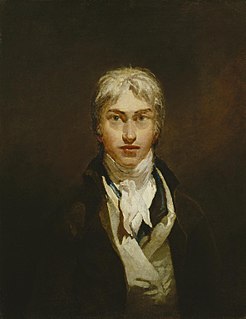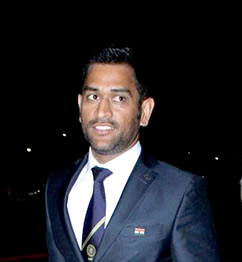A Quote by Ivan Illich
The more time, toil, and sacrifice spent by a population in producing medicine as a commodity, the larger will be the by-product, namely, the fallacy that society has a supply of health locked away which can be mined and marketed.
Related Quotes
The function of entrepreneurs is to reform or revolutionize the pattern of production by exploiting an invention or, more generally, an untried technological possibility for producing a new commodity or producing an old one in a new way, by opening up a new source of supply of materials or a new outlet for products, by reorganizing an industry and so on.
In the domain of pharmaceuticals, we need a metric for health impact, and with this metric we can then assess the value of the introduction of a new product and pay its innovator accordingly, say on the basis of the product's measured health impact during its first ten years on the market. In exchange, innovators must of course renounce the usual rewards they are otherwise entitled to, namely the patent-protected markup on the price of their product.
In reality, every single negotiation involves another commodity that's far more important to us, which is time - minutes, hours, our investment in time. So even if you're talking about dollars, the commodity of time is always there because there has to be a discussion about how the commodity of dollars is moved.
One cannot buy, rent or hire more time. The supply of time is totally inelastic. No matter how high the demand, the supply will not go up. There is no price for it. Time is totally perishable and cannot be stored. Yesterday's time is gone forever, and will never come back. Time is always in short supply. There is no substitute for time. Everything requires time. All work takes place in, and uses up time. Yet most people take for granted this unique, irreplaceable and necessary resource.
The population explosion is an ecological phenomenon of displacement. Unless we solve that ecological problem of displacing people - to build huge dams, to build motorways, to take away what people need in order to survive - we will keep pumping more and more money into population programs. We will have more and more coercive and violent methods through which women's bodies are treated as experimental grounds for new contraceptives. Yet we will not have a solution to the problem of numbers.
We believe that part of the answer lies in pricing energy on the basis of its full costs to society. One reason we use energy so lavishly today is that the price of energy does not include all of the social costs of producing it. The costs incurred in protecting the environment and the health and safety of workers, for example, are part of the real costs of producing energy-but they are not now all included in the price of the product.
I don't like medicine. There's an old Irish proverb that goes, "If I knew where I was going to die, I wouldn't go there." I suspect that I'm going to die in a hospital, so every time I go past one, I drive really quickly to get away from those things. So I spend a lot of money on health: gyms, I go to naturopaths, acupuncturists; anybody else who's almost the alternative to medicine. I think by the time you need medicine, it's too late. That's my belief.






































